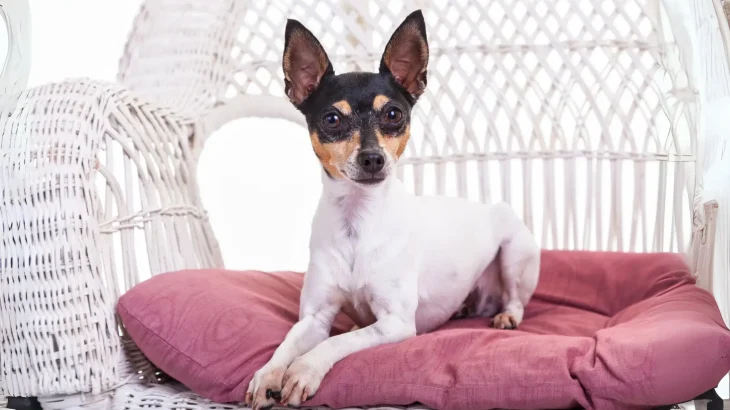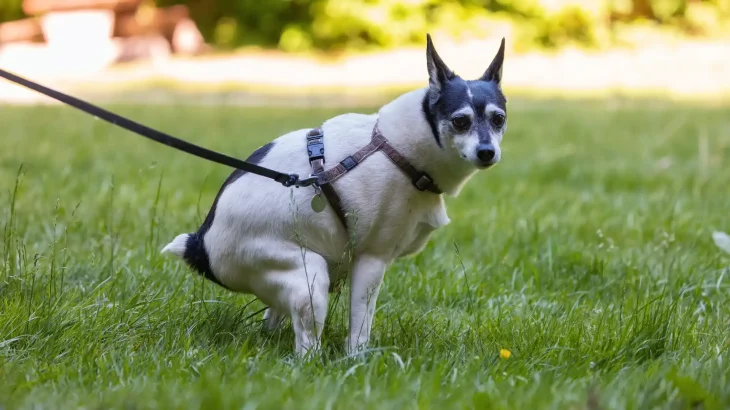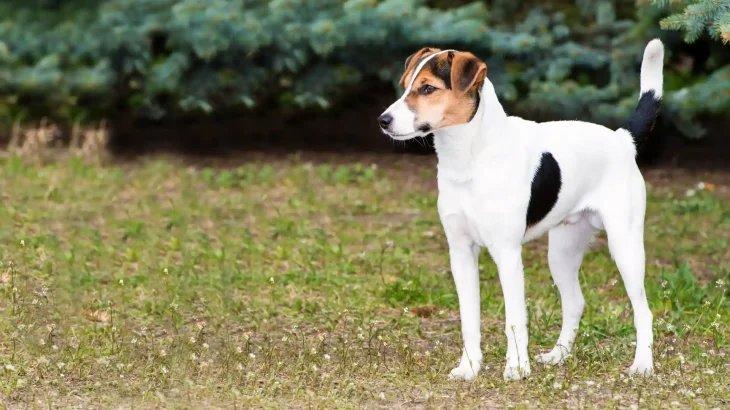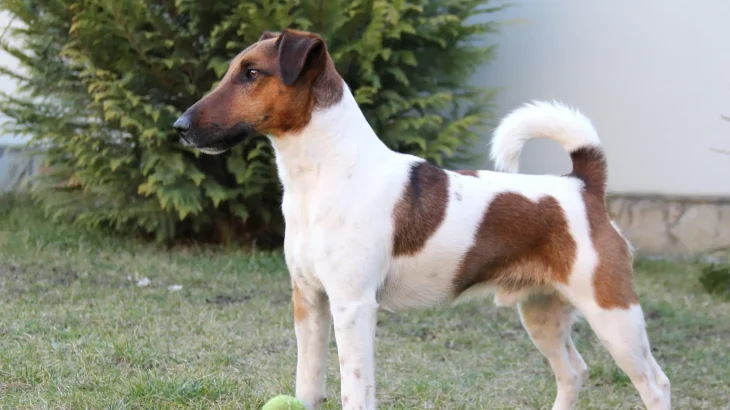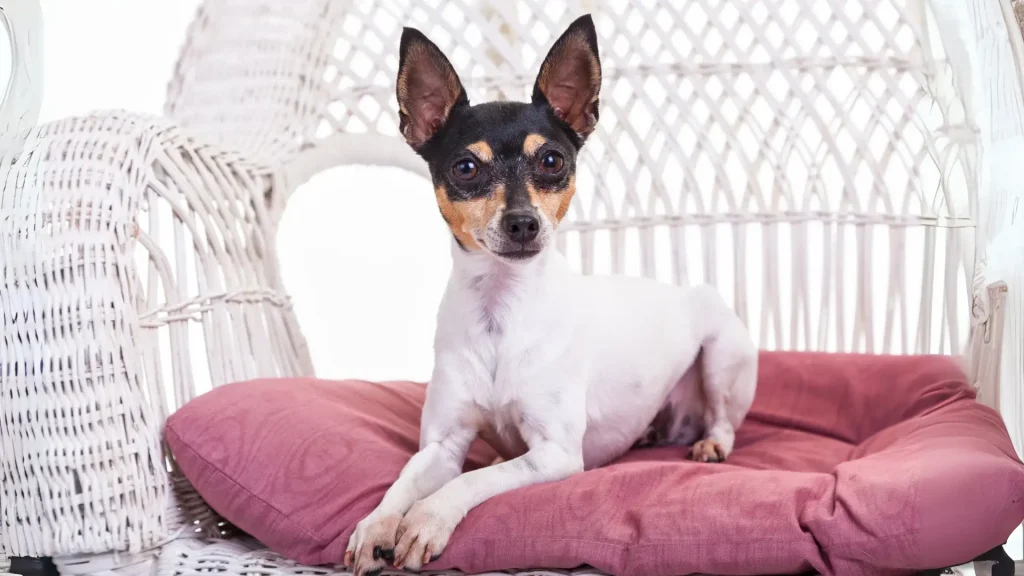Deciding whether to adopt or buy a Miniature Fox Terrier puppy involves weighing the benefits of giving a dog in need a home against the advantages of obtaining a puppy from a breeder who can provide detailed health and lineage information. Both options have unique aspects that should be considered carefully, especially in relation to the breed's characteristics and care needs.
| Criteria | Buying from Breeder | Adopting from Shelter/Rescue |
|---|---|---|
| Cost | Typically higher initial cost; breeders may charge more for purebred Miniature Fox Terrier puppies. | Lower adoption fees, often including vaccinations and spay/neuter services. |
| Health History | Breeders usually provide comprehensive health and genetic testing results. | Health history may be uncertain; shelters perform basic health screenings. |
| Age Availability | Mostly puppies, allowing you to train from a young age. | Variety of ages, including adults, offering different adopter needs. |
| Temperament Insight | Breeders share lineage-based traits and early behavior observations. | Shelter staff report behaviors seen during the dog's stay; full background may be unknown. |
| Supporting Practices | Supports ethical breeders who uphold breed standards. | Supports animal welfare by home placement and reducing shelter populations. |
| Ethical Considerations | Risk of supporting irresponsible breeding if not carefully vetted; choose reputable breeders. | Promotes adoption, helping combat pet overpopulation and puppy mills. |

